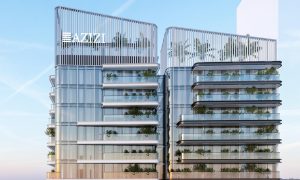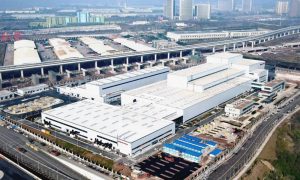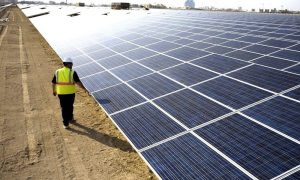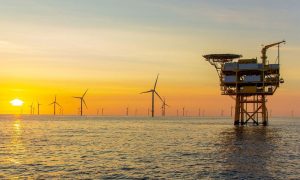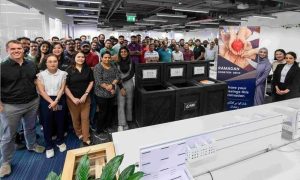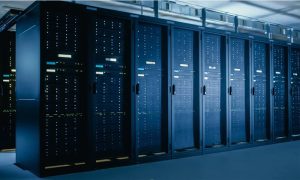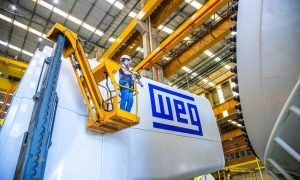Abu Dhabi DoE reveals new policies to accelerate UAE’s move towards Net Zero
The organisation is working on a hydrogen policy and regulatory framework that aim to make the industry globally competitive
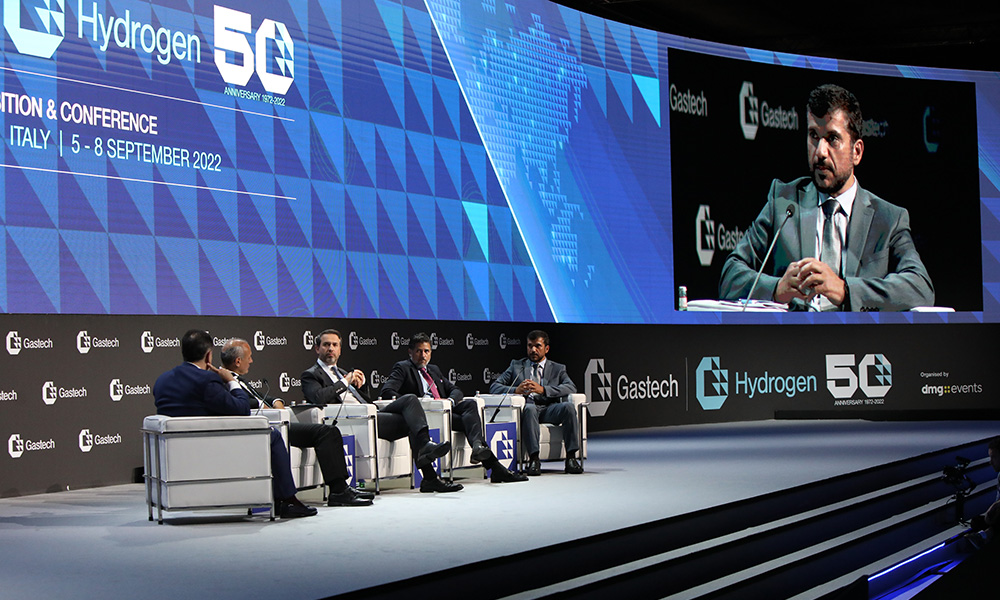
The Abu Dhabi Department of Energy (DoE) is developing a pipeline of new policies, including a hydrogen policy and regulatory framework, to accelerate a carbon neutral future for the emirate and the broader UAE. The move is said to align with the UAE’s Net Zero by 2050 Strategic Initiative and its global climate change commitments.
DoE Chairman His Excellency Engineer Awaidha Murshed Ali Al Marar, shared details of the Abu Dhabi 2035 integrated energy framework and the hydrogen policy that would help drive the country’s energy transition, while speaking on a high-profile ministerial panel on the opening day of Gastech 2022 in Milan.
The DoE’s hydrogen strategic framework will set out the policies, regulations, standards, and certifications for the hydrogen industry to become globally competitive. The framework also aims to fast track the UAE’s national hydrogen strategy and place Abu Dhabi at the global forefront of countries producing low carbon hydrogen, a statement from the DoE outlined.
In April 2022, Enowa launched the region’s first hydrogen and innovation development centre.

“We are very excited about hydrogen as a new energy vector in our energy transition plans and to develop Abu Dhabi as a low-carbon hydrogen industrial hub,” said H.E. Al Marar.
According to the DoE, the new hydrogen framework is expected to position Abu Dhabi as a global leader of low-carbon hydrogen production, encourage new local industries and jobs, offer growth for existing firms, develop new skill sets, facilitate further research, and stimulate more foreign direct investment in the energy sector.
His Excellency emphasised that the transition to a decarbonised economy could only be achieved through broader collaboration and significant investment in clean energy technologies. Abu Dhabi has been investing in decarbonisation for the past 15 years, with more than US $40bn invested into clean energy projects. The UAE has earmarked a sizeable investment to increase the contribution of clean energy (such as renewables, battery storage, and nuclear) in the total energy mix over the next few years, he pointed out.
In April, Acwa Power announced that it had won a $900mn EPC contract for the NEOM Green Hydrogen Project.

“Abu Dhabi has already made progress in reducing its carbon footprint by investing in a power generation mix that includes nuclear, solar, and decoupling power and water production. We have also initiated, through several policies and regulations, projects that are starting to drive energy efficiency for Abu Dhabi residents and businesses,” commented H.E Al Marar.
With natural gas and petroleum still accounting for most of the energy currently consumed however, H.E Al Marar highlighted that much of the energy transition to a carbon-neutral future depends on new clean and renewable energy sources, the advancement of emission-reducing technologies, reducing energy costs, and investment in infrastructure, while ensuring socioeconomic and environmental benefits.
As a result, the DoE, as a policymaker and regulator, said that it is collaborating and partnering with other government entities and key commercial players to model several pathways towards Net Zero. “The transition away from carbon-based energy will be highly dynamic, but our projections and scenarios provide long-term visibility and policy signalling to guide the investment decisions needed to deliver on a carbon neutral future for the emirate of Abu Dhabi, and the UAE,” he concluded.
In early September, the UAE Ministry of Climate Change and Environment introduced the National Air Quality Agenda 2031.

